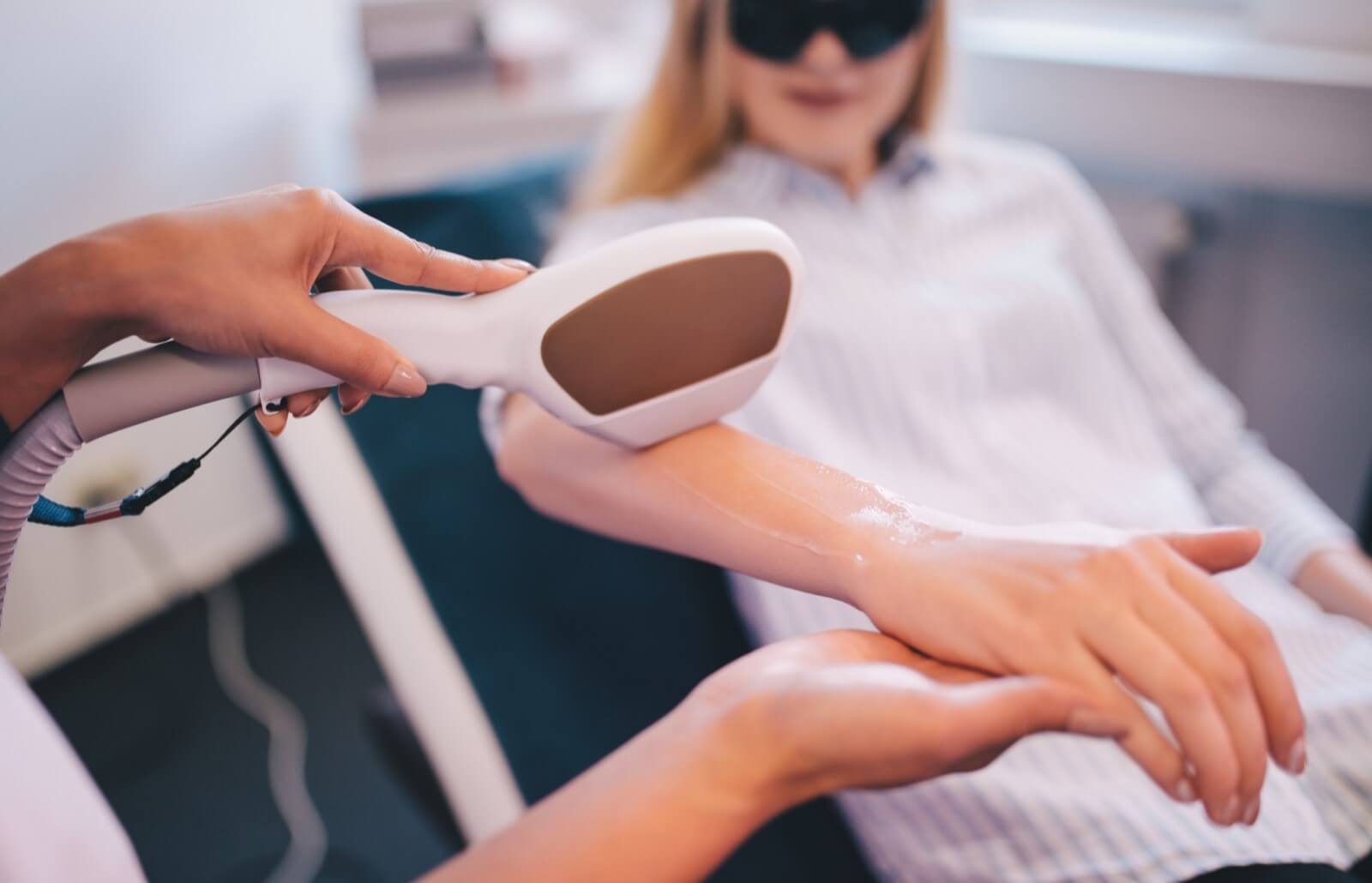
Laser hair removal continues to be one of the most popular aesthetic treatments performed over the years. With over 1 million treatments performed in 2016, The American Society of Plastic Surgery (ASAPS) named laser hair removal among the top five non-invasive aesthetic treatments.
Laser hair removal has changed the landscape of grooming for both men and woman. Now unwanted hair can be removed from pretty much any part of the body. This saves patients time and dealing with the hassle of constant upkeep, as is the case with more traditional forms of hair removal such as shaving, waxing and plucking. This consistent surge in demand has increased the number of providers offering laser hair removal. A few years ago, laser hair removal was typically found at doctor owned medical spas as well as dermatology and plastic surgery offices. Today, laser hair removal is much more prevalent among a variety of businesses, and cost has dropped significantly to keep pace with supply and demand.
At first glance this competitive market may appear to be beneficial to patients. However, important considerations are often overlooked by patients when choosing their laser hair removal provider. Laser hair removal is not without risk. Treatments that are performed improperly can cause disfiguring injuries and severe burns. The technician makes critical assessments of an individual’s unique skin tone, skin type, hair type, ethnicity and lifestyle. These factors determine the appropriate settings for the laser, and as well as how far apart treatments should be scheduled. Those with naturally darker skin tones or who have tanned, face the greatest risk of complication, including hypopigmentation.
The licensing and training of laser hair removal providers differs from state to state, resulting in a patchwork of rules and regulations, said Dr. Mathew M. Avram, director of the Massachusetts General Hospital Dermatology Laser and Cosmetic Center. “It’s basically the Wild West of medicine,” Dr. Avram said. “Some states are legislating and protecting patients, but a great many are not. The average person walks into a spa and sees someone with a white coat on and may assume they’re a physician.” Be sure to do your research. Below are the 3 cardinal rules when choosing a laser hair removal provider:
1. Ensure the establishment is physician owned and operated.
When you call to schedule your consultation, ask if the facility is owned by a medical doctor and whether he or she is onsite during the treatment.
2. Don’t hold back information. Share your full medical history with the laser technician.
This information allows providers to make the best decisions regarding your treatment plan. Patients with medical conditions like diabetes, a difficulty with wound healing, or a tendency toward keloid scarring may be especially vulnerable to complications.
3. Ask who will perform the treatment.
You want to learn the credentials of the provider, including licensing and training. How many times has the provider performed laser hair removal? Has this specific provider ever treated the same area on the body previously that you are interested in being treated?
4. Be specific.
Ask if laser treatment is appropriate for your skin type, hair color, complexion and body area. Suggest that the operator test a small patch of skin before you undergo the procedure.
Physician owned and operated by Dr. Jenny Weyler, Aponi Aesthetics specializes in cosmetic dermatology and medical aesthetics with a physician onsite, overseeing all laser hair removal treatments. Dr. Jenny dedicates all her time to non-invasive advanced aesthetic procedures including Botox / Dysport, dermal fillers, laser hair removal, fractional skin resurfacing, sclerotherapy, photofacials, body contouring and medical skincare treatments.


